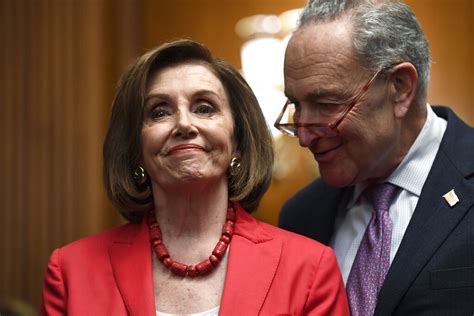BY SAMUEL ALLEGRI February 20, 2021 Updated: February 20, 2021
House Democrats released their $1.9 trillion COVID-19 relief proposal which contains a controversial federally-imposed $15 per hour minimum wage.
In an attempt to bypass the necessity for Republican votes, Democrats are trying to push the bill through the budget reconciliation process.
All Democrat senators would have to vote in favor of the bill, however, Sens. Joe Manchin (D-W.Va.) and Kyrsten Sinema (D-Ariz.) have expressed objection to the minimum wage proposal.
Sen. Bernie Sanders (I-Vt.) also backed a Republican amendment blocking the raising of the federal minimum wage to $15.
“It was never my intention to increase the minimum wage to $15 immediately and during the pandemic,” Sanders said.
The Congressional Budget Office released a report projecting that an estimated million people would be “lifted” out of poverty with an increase in the minimum wage, but the report also found that the change would result in the loss of 1.4 million jobs.
The report also found that raising the minimum wage would increase the budget deficit by $54 billion and raise prices for goods and services.
Republican leadership in the House is recommending a “no” vote on the $1.9 trillion relief bill.
On Friday, House Republican Whip Steve Scalise (R-La.) said in an email to his caucus “Leadership recommends a NO vote.”
Scalise wrote the suggestion in an email obtained by The Hill.
Scalise’s team, in the email, dubbed the bill as “Pelosi’s Payoff to Progressives Act.” It alleged that Democrats have rushed to bring to the floor the relief package that “will keep schools closed, bail out blue states, pay people not to work, and raise the minimum wage to $15/hour.”
“Republicans insist that we must safely reopen schools, reopen the economy, speed up vaccine distribution, and effectively spend the remaining $1 trillion from previous COVID packages,” the email from Scalise reads. “However, Democrats rejected hundreds of Republican amendments and any efforts to advance bipartisan solutions that are targeted, temporary, and tied to COVID relief.”
The relief bill also contains more than $100 million for an underground rail project in California.
Mimi Nguyen Ly and Masooma Haq contributed to this report.

